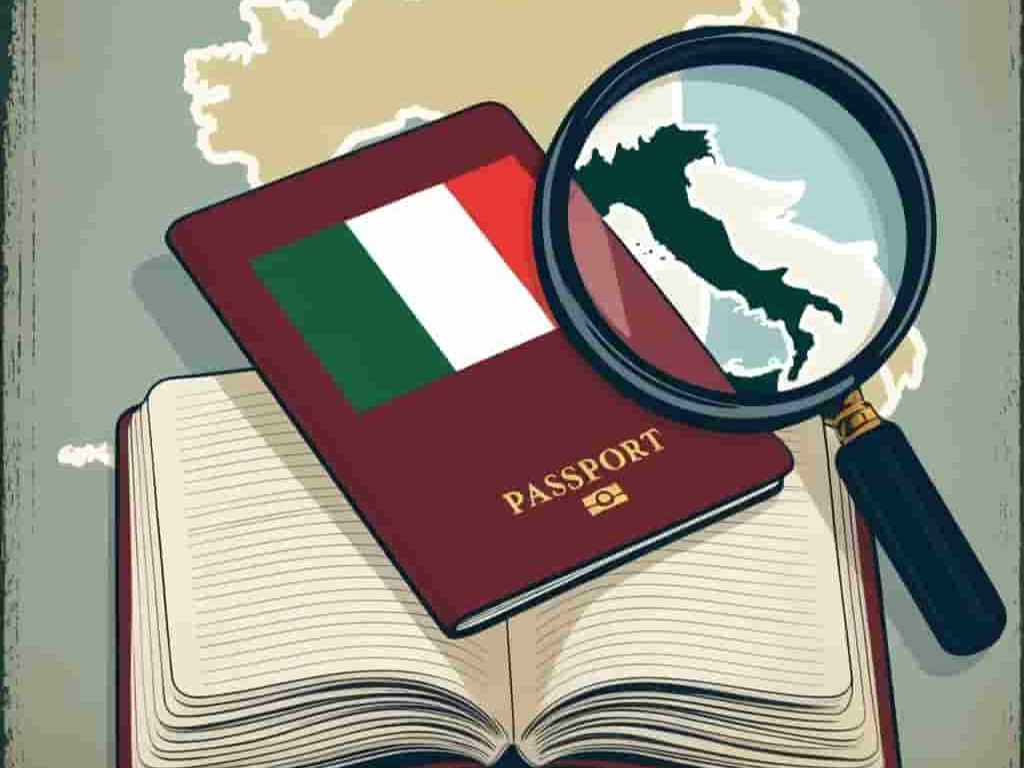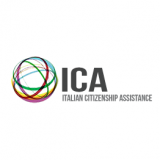
 Italian Citizenship Assistance
Italian Citizenship Assistance
ICA: Update to Italian Citizenship by Descent “Minor Age” Cases
- WTI Magazine #181 Nov 23, 2024
-

 Italian Citizenship Assistance
Italian Citizenship Assistance
If you’re interested in applying for Italian citizenship by descent, understanding the eligibility requirements is the first crucial step. Recently, there has been an update in how the Italian citizenship law is being interpreted, affecting cases with the so-called “minor age” issue.
This article will explain the new developments and changes, how they may affect your path to Italian citizenship by descent, and what your alternative options are.
What is the “Circolare” No. 43347?
On October 3, 2024, the Italian Ministry of the Interior issued a memo or circolare that outlines a new interpretation of the Italian citizenship law based on recent rulings in the Italian Supreme Court (Corte di Cassazione). Italian consulates worldwide and Italian municipalities are instructed to adhere to these new guidelines for Italian citizenship by descent applications. This memo states that if the Italian-born ancestor voluntarily acquired foreign citizenship while their child, born in the US, was still a minor, the child lost his or her Italian citizenship automatically. It should be noted that before March 9, 1975, the age of majority was 21 in Italy. This interruption in the chain of citizenship makes descendants ineligible to apply through this ancestor at an Italian consulate or Italian municipality.
However, some important notes about this memo are that it does not affect individuals who have previously been recognized as Italian citizens and it does not impact cases presented in the Italian courts. In fact, Italian public administrations, such as consulates and town halls (comuni) are independent and legally separate from the Italian judicial system.
To fully understand the “minor age” issue, we must first understand the 1912 Italian citizenship law. Law no. 555/1912, enacted on June 13, 1912, established that Italian citizenship would be passed down jure sanguinis, or right of blood. This allows descendants to apply for the recognition of Italian citizenship by proving an unbroken chain of citizenship to their most recent Italian-born ancestor. The 1912 Citizenship law stated that Italian citizens who acquired foreign citizenship automatically renounced their Italian citizenship. This did not change until Law 91/1992 on August 16, 1992, which allowed dual citizenship. You would have a “minor age” issue if your Italian-born ancestor voluntarily acquired foreign citizenship while their US-born child, who is the next descendant in line to you, was still a minor at the time of their parent’s naturalization. This would have broken the chain of citizenship leading to you, making you ineligible through this Italian ancestor. According to this new memo, citizenship by descent applications with this “minor age” issue will no longer be accepted at Italian consulates or municipalities.
Therefore, to still apply at a consulate or municipality, it’s necessary that your Italian-born ancestor either never acquired foreign citizenship, or did so after June 13, 1912 and after their child, the next descendent in line, was of the age of majority.
Alternate Paths
For those that fall into this category of a “minor age” case, according to this new interpretation of the law, your application will no longer be accepted at an Italian consulate or municipality. However, there are alternative paths through the Italian courts, where judges are not bound by this circolare. In fact, citizenship by descent cases that would normally be presented to an Italian consulate can instead be petitioned to the Italian Courts if there are extended wait times to secure an appointment that exceed 730 days. These cases argue that if you aren’t able to get service from the public administration in a timely manner, you can pursue this right in court. Cases that fall into this “minor age” category can also be filed in the Italian courts due to these prolonged wait times for an appointment at the Italian consulates. Like we mentioned before, the vast majority of Italian courts approve “minor age” cases.
Alternatively, you may have other lineages through which you qualify for Italian citizenship by descent. For instance, if you have a female Italian-born ancestor who never naturalized, naturalized when their child (the next descendant in line) was an adult, or naturalized involuntarily due to their husband’s naturalization, you can petition the Italian courts. While the 1912 Citizenship only permitted the transmission of citizenship from fathers to their children, women did not gain this right until the ratification of the Italian constitution on January 1, 1948. Due to recent court rulings, legal precedent regards this as unlawful and discriminatory and states that principles in the constitution should be applied retroactively, including events that occurred prior. This is why if you have a female in your Italian lineage who gave birth to her child outside of Italy before January 1, 1948, you can file your case via the Italian courts through what is called a “1948 case”.
Additionally, your female ancestor may have acquired US citizenship involuntarily and automatically through her husband’s naturalization. Prior to the passing of the Cable Act on September 22, 1922, women followed the status civitatis of their husbands and automatically acquired US citizenship via marriage. Now, these cases of “automatic naturalization” are seen as invalid by the Italian courts and Italian women who acquired US citizenship involuntarily actually retained their Italian citizenship and were able to transmit it to their children.
Future Outlook
If you’re looking to pursue a path to Italian citizenship through the Italian courts, it’s first important to know that citizenship lawsuits are filed at the local Italian court that covers the jurisdiction of the municipality where the Italian ancestor was born. While a judicial proceeding can contain an element of risk, the majority of Italian local courts are approving these types of cases with the “minor age” issue. Alternatively, applying through a female who naturalized automatically and involuntarily due to the naturalization of her husband prior to 1922 has a high likelihood of success. Lastly, if your Italian-born ancestor never naturalized or naturalized when their child was an adult, the chances of success in the Italian courts are very high.
Conclusion
Due to the new guidelines being followed by Italian consulates and municipalities regarding “minor age” citizenship cases according to circolare no. 43347, it’s vital to thoroughly evaluate all your Italian lineages to determine the best path to Italian citizenship by descent. If you have questions or would like further information regarding the eligibility requirements for Italian citizenship by descent, don’t hesitate to contact us at [email protected].